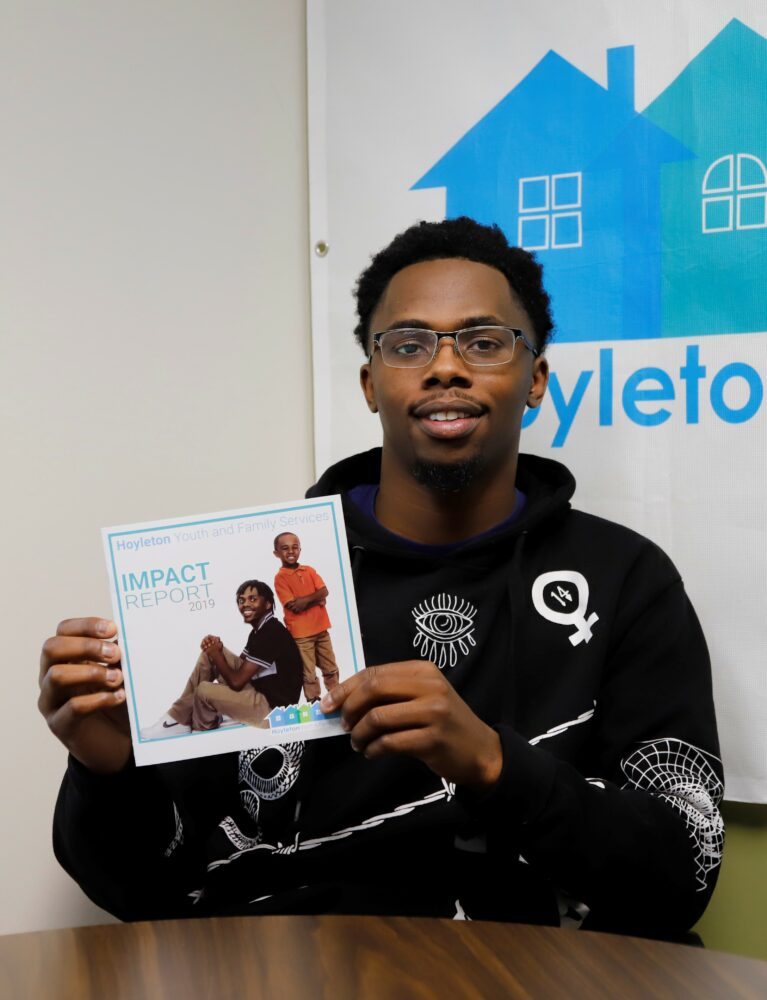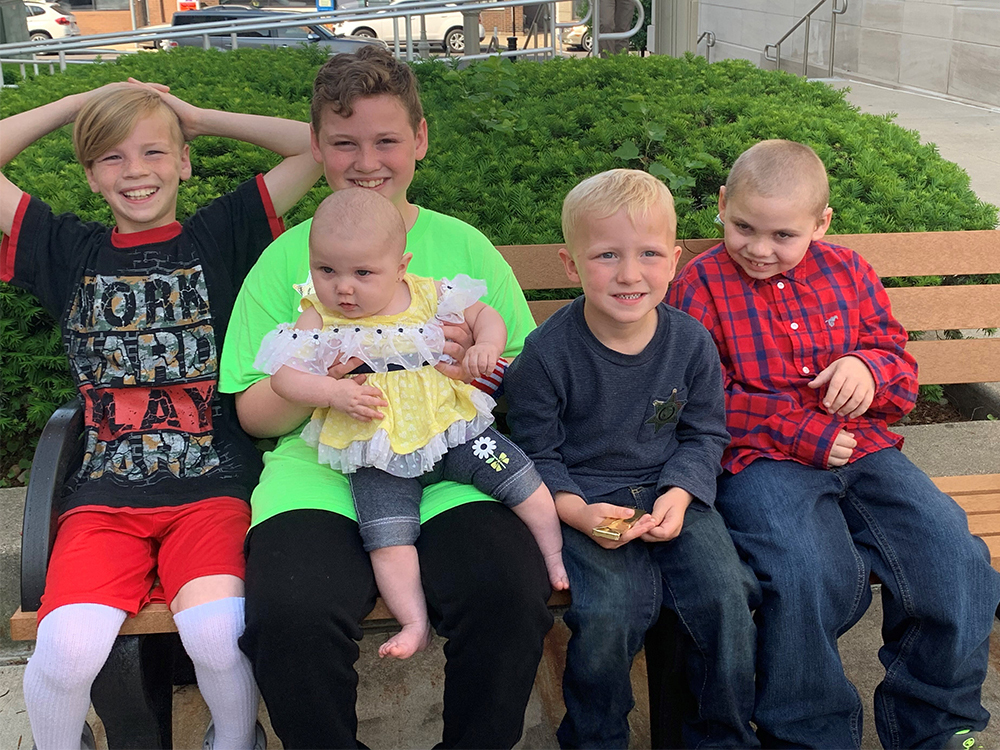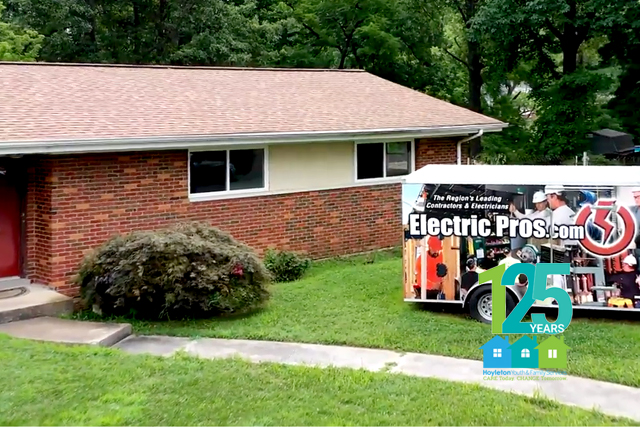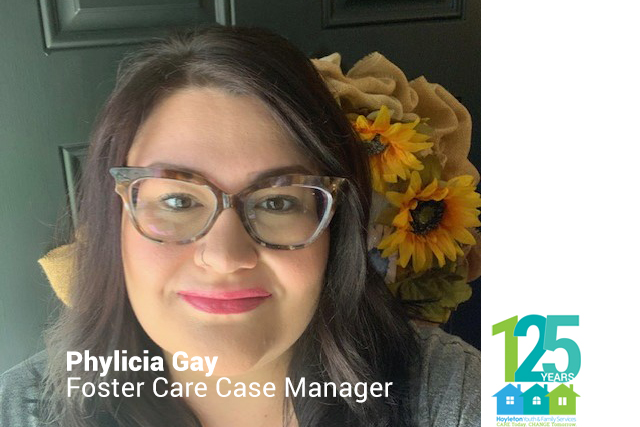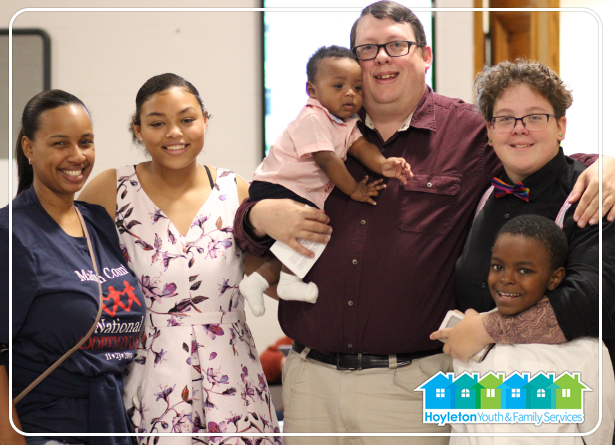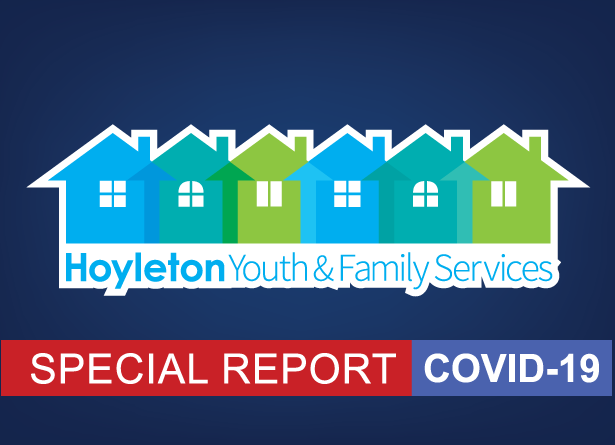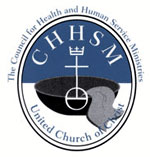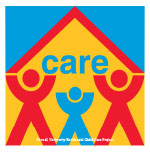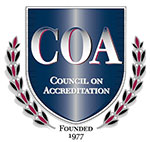Letter to the General Public
DATE: March 16, 2020
Letter to the General Public, Clients, and Hoyleton Family and Friends, During this time of uncertainty, it is clear that we will continue to serve our clients and our communities while maintaining a healthy workplace for our employees. While communication is very fluid and the local, state, and federal governments are communicating continually, Hoyleton wants […]
READ MORE